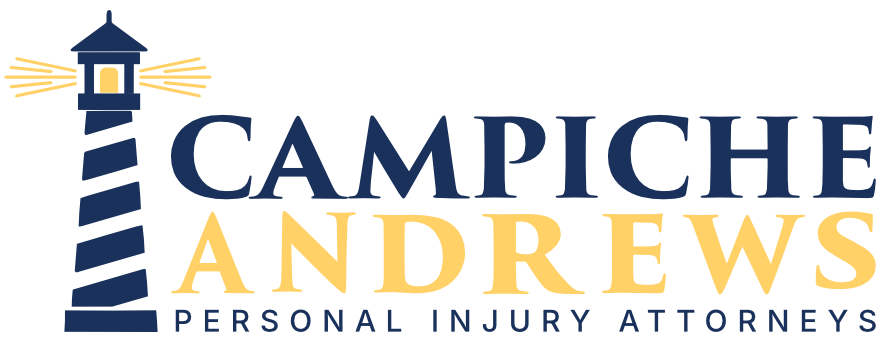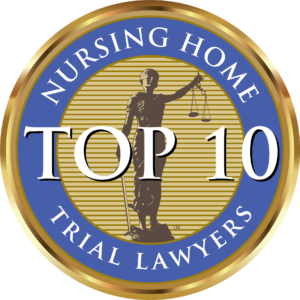Protecting the Vulnerable When Care Turns to Harm
Elder & Nursing Home Abuse Attorneys in Seattle
We help families across Seattle and Washington state seek justice for elderly loved ones harmed by neglect, abuse, or exploitation in care facilities. Many Washington claims have a three year limit. Some deadlines are shorter. Act quickly.
When Caregivers Cause Harm
Placing a parent or partner in a nursing home, assisted living, or long term care facility is a decision built on trust. You expect safety, dignity, and consistent care. When that trust is broken through neglect, abuse, or financial exploitation, the impact is devastating. Campiche Andrews PLLC holds facilities, owners, and staffing companies accountable so your family can get answers, protection, and justice.
Common Signs of Elder Abuse & Neglect
Neglect and abuse can take many forms. We urge families to stay vigilant and take action if they notice any of the following:

Frequent or unexplained falls or fractures

Untreated pressure sores (bedsores)
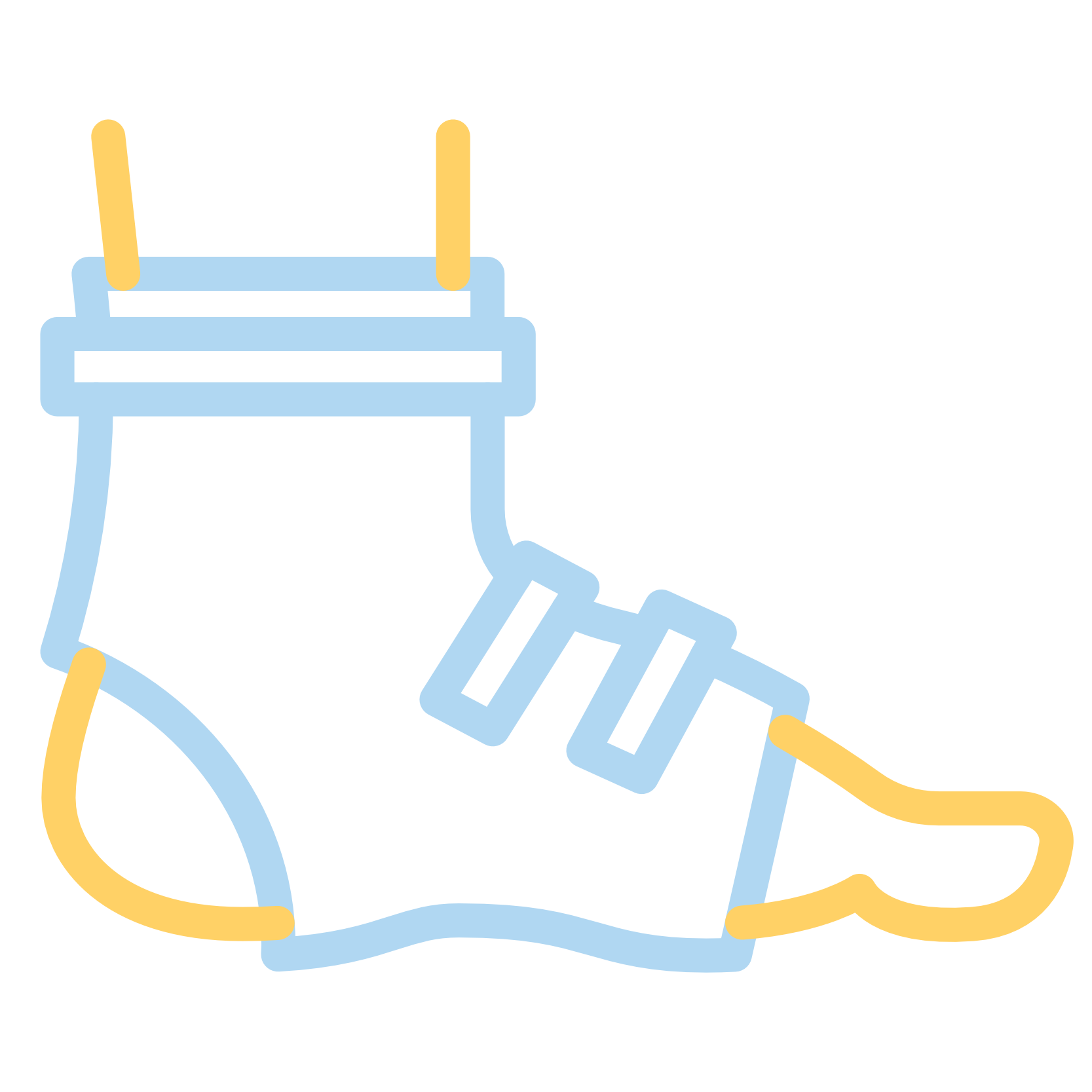
Bruises or injuries with vague or changing explanations

Overmedication or sedation without cause

Signs of malnutrition or dehydration

Sudden behavioral changes (fear, withdrawal, agitation)

Unexplained bank withdrawals or missing belongings
Delayed medical care or unreported conditions
If something feels wrong, trust your instincts. These may be signs of serious abuse.
Who may be legally responsible
Neglect cases often involve multiple parties. Our investigation identifies every accountable entity.
Facility owner & operating company
Management company or franchisor
Staffing agency & off-shift coverage providers
Medical director, attending clinicians, pharmacy
Transportation vendors & outside contractors
Transportation vendors and outside contractors
What to do if you suspect neglect or abuse
Get medical care and ensure immediate safety.
Photograph injuries, bed conditions, call lights, room numbers, and staffing boards.
Save medications, wristbands, discharge papers, and facility communications.
Write a timeline of symptoms, falls, or behavior changes.
Report concerns to Adult Protective Services and the Long-Term Care Ombudsman.
What compensation can your family recover
Medical bills & future care needs
Relocation & safety expenses
Loss of consortium & related family harms
Pain, suffering, & loss of enjoyment of life
In fatal cases, wrongful death & survival action damages
Attorney fees or enhanced remedies where statutes allow
Types of Nursing Home Abuse Cases We Handle
- Physical abuse or neglect by caregivers or facility staff
- Medical negligence including failure to treat or diagnose
- Falls and fractures caused by poor supervision or unsafe conditions
- Overuse of medication as a form of restraint
- Financial exploitation or theft by staff
- Understaffing or failure to follow care plans
- Wrongful death due to systemic failures
Reporting in Washington and protecting your claim
Administrative reports help protect residents and preserve evidence. They do not replace a civil case. We guide families through:
- Emergency reporting to law enforcement when needed
- Filing with Adult Protective Services and the Long-Term Care Ombudsman
- Securing and preserving charts, Minimum Data Set, incident reports, and staffing schedules
- Challenging arbitration or admission paperwork when appropriate
Why Choose Campiche Andrews?
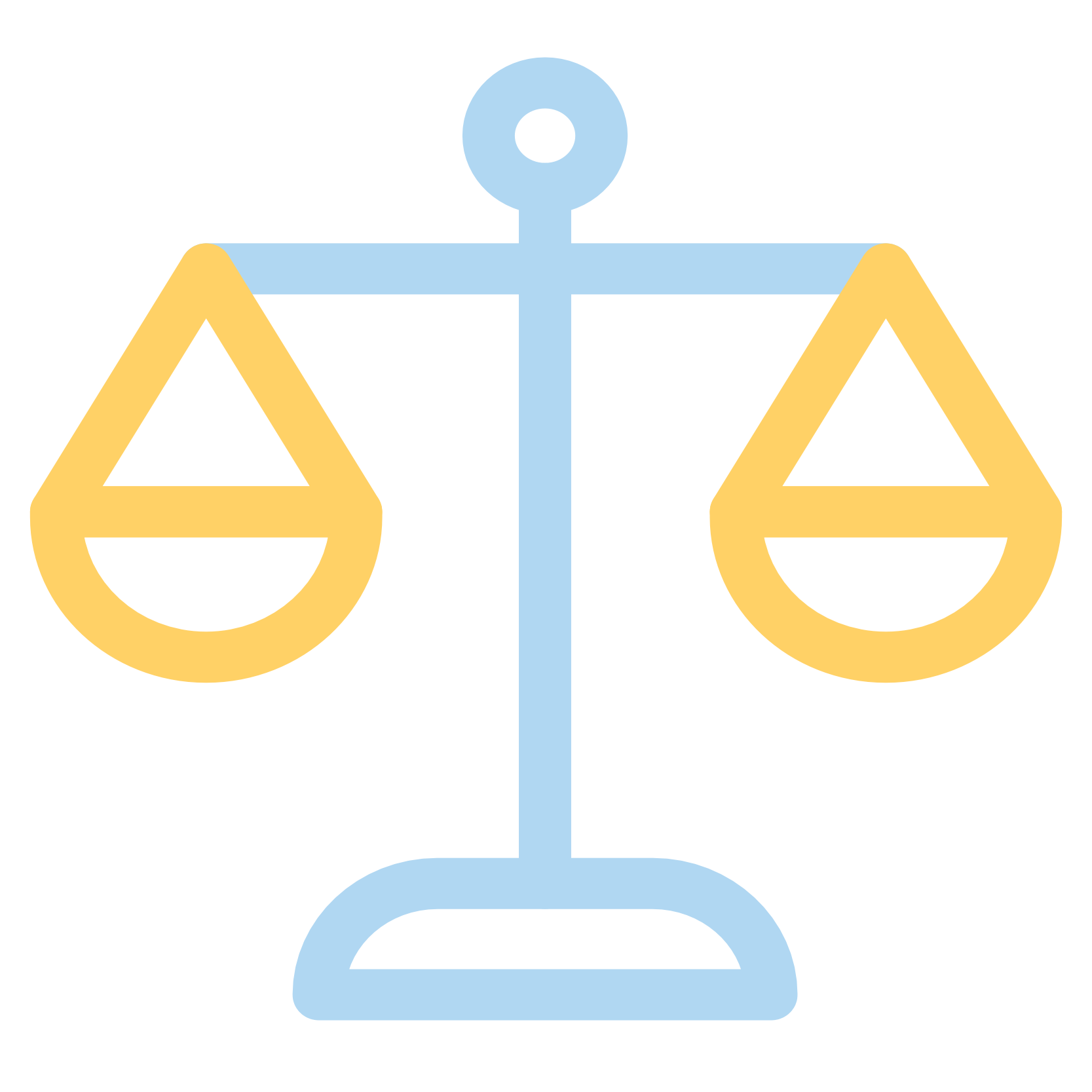
Decades of combined trial experience

Millions recovered for our clients

Compassionate, responsive client service

No fees unless we win your case
We’re With You at Every Step
Despite federal and state regulations, many Washington facilities fall short. For-profit nursing homes often put cost-cutting ahead of patient care leading to unsafe conditions, poor supervision, and missed medical care.
Our elder abuse attorneys are committed to holding facilities accountable and ensuring your family gets answers and justice.

Serving Seattle and Communities Across Washington
At Campiche Andrews PLLC, we proudly represent clients in Seattle neighborhoods including Queen Anne, Belltown, Capitol Hill, South Lake Union, Magnolia, and Interbay.
Our reach extends far beyond the city. We handle serious injury and wrongful death cases throughout Western and Eastern Washington including Renton, Bellevue, Federal Way, Tacoma, Puyallup, Lakewood, Kent, Bremerton, Olympia, Shelton, Vancouver, Wenatchee, Yakima, and Spokane.
We also serve clients in Grays Harbor, Pacific, Snohomish, Lewis, and Whatcom counties. No matter where you are in Washington, we’re here to fight for your rights.
Elder & Nursing Home Abuse FAQs
What counts as elder or nursing home abuse?
Physical, emotional, or sexual harm, neglect of basic needs, financial exploitation, and violations of resident rights in any care setting. Common red flags include bedsores, falls, fractures, medication errors, dehydration, malnutrition, choking, elopement, poor hygiene, sudden fear of staff, or unexplained bank activity.
How do I know if I have a case?
You need proof of duty, breach, causation, and damages. Facilities and caregivers owe residents a duty to provide safe, attentive care. If a breach of policy, staffing standards, or medical practice caused harm and measurable losses, you likely have a claim.
Who can bring a claim or lawsuit?
The injured resident, a legal guardian or power of attorney, or the personal representative of an estate in death cases. Family members may have related claims for wrongful death or survival actions where applicable.
What compensation can be recovered?
Medical costs, future care, relocation expenses, pain and suffering, disability, loss of enjoyment of life, and in death cases funeral costs and related losses. Attorney fees and treble damages may be available in some statutory vulnerable-adult actions. Exact remedies depend on the facts.
How long do I have to file?
Deadlines are strict and can vary by claim type, facility, or contract. Many injury claims must be filed within three years, but discovery rules, wrongful death rules, and pre-suit requirements can change timing. Talk to counsel as soon as possible.
What should I do if I suspect abuse or neglect?
Get the resident to safety, call 911 for emergencies, document injuries and conditions, photograph or video the environment, collect names of staff and witnesses, and preserve records and medications. Report concerns to Adult Protective Services and the Long-Term Care Ombudsman. Contact an attorney quickly.
Should I file a complaint with the state?
Yes. Administrative complaints can trigger inspections and preserve evidence. They do not replace a civil claim. An attorney can help coordinate complaints with your legal strategy.
What evidence helps most?
Photos of injuries and bed conditions, care plans, staffing schedules, medication records, incident reports, witness statements, prior citations, and a timeline of symptoms or falls. Save bills, facility communications, and any arbitration paperwork you signed.
The facility says I signed an arbitration agreement. Am I stuck?
Not always. Many arbitration clauses can be challenged if they are unconscionable or not properly explained. Do not assume you waived your right to sue until an attorney reviews the documents.
Can the facility blame the resident’s age or prior conditions?
Pre-existing conditions do not excuse neglect. Facilities must account for known risks with proper care plans, fall prevention, nutrition and hydration monitoring, and timely medical escalation.
Do assisted living and nursing homes follow the same rules?
Both must meet safety and care standards, but licensing, staffing, and medical care requirements differ. Liability can also extend to third-party contractors, owners, and management companies.
Are “granny cams” or recording devices allowed?
Rules vary. Recording can raise privacy and consent issues. Speak with an attorney before using any device and review facility policies to protect the resident’s rights and your case.
What does it cost to hire a lawyer?
Most firms like Campiche Andrews handle these cases on contingency. You pay no attorney fee unless there is a recovery. Case costs are typically reimbursed from the settlement or verdict.
How long do these cases take?
Some resolve in months once medical status is stabilized and records are secured. Disputed liability or complex injuries can extend cases to 12 to 24 months or more. Early investigation helps protect timelines and evidence.
Elder & Nursing Home Abuse Resources

Nursing Home Wrongful Death Lawsuits: When Is the Facility Liable?
This guide explains what counts as a nursing home wrongful death in Washington, when facilities are legally liable, common causes, filing requirements, damages, and steps for families to protect loved ones and seek justice.

Seattle Elder Abuse Attorney for Nursing Home Neglect Cases
Seattle nursing home abuse attorney fighting for victims of elder abuse and neglect. Free consultation. Hold facilities accountable for mistreatment.

What To Do If You Suspect Nursing Home Neglect in Seattle
If you believe a Seattle nursing home is neglecting your loved one, learn the steps families should take under Washington law, how to report concerns, and how an attorney can help protect vulnerable adults.

How to Report Nursing Home Abuse in Washington State
If you suspect a loved one is being neglected or abused in a nursing home, you have the power and the right to act. Here’s exactly how to report nursing home abuse in Washington State, who to contact, what evidence to collect, and when to call an attorney.
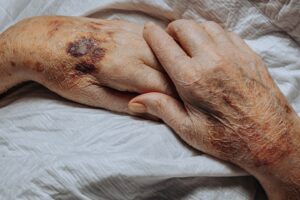
When Nursing Home Neglect Leads to Wrongful Death in Washington
Families place loved ones in nursing homes to keep them safe — not to worry about neglect. Here’s how Washington law treats wrongful death caused by nursing home abuse or negligence, who can file a claim, and how to hold facilities accountable.

Nursing Home Abuse in Washington: Signs, Steps, Claims
Learn signs of nursing home abuse in Washington. See first steps, reporting, deadlines, and how to protect your family.
“They made sure I was okay before every call ended. They didn’t treat me like a case — they treated me like a person.”
— Rachel Dungey, Client
Talk to an Elder Abuse Attorney Today
Don’t let abuse go unanswered. If your loved one suffered injury, neglect, or wrongful death in a Washington care facility, our team is here for you.
